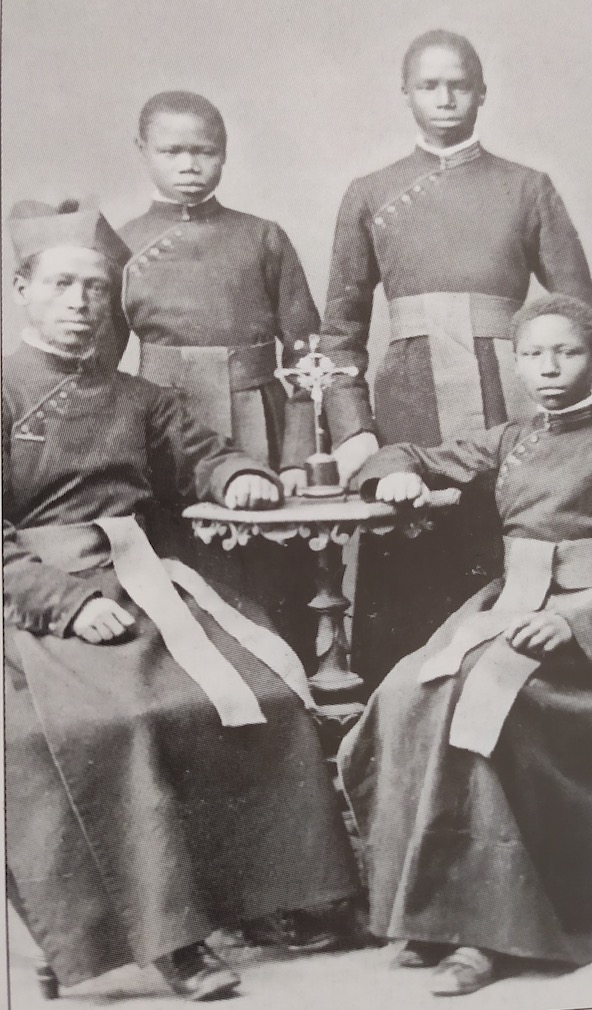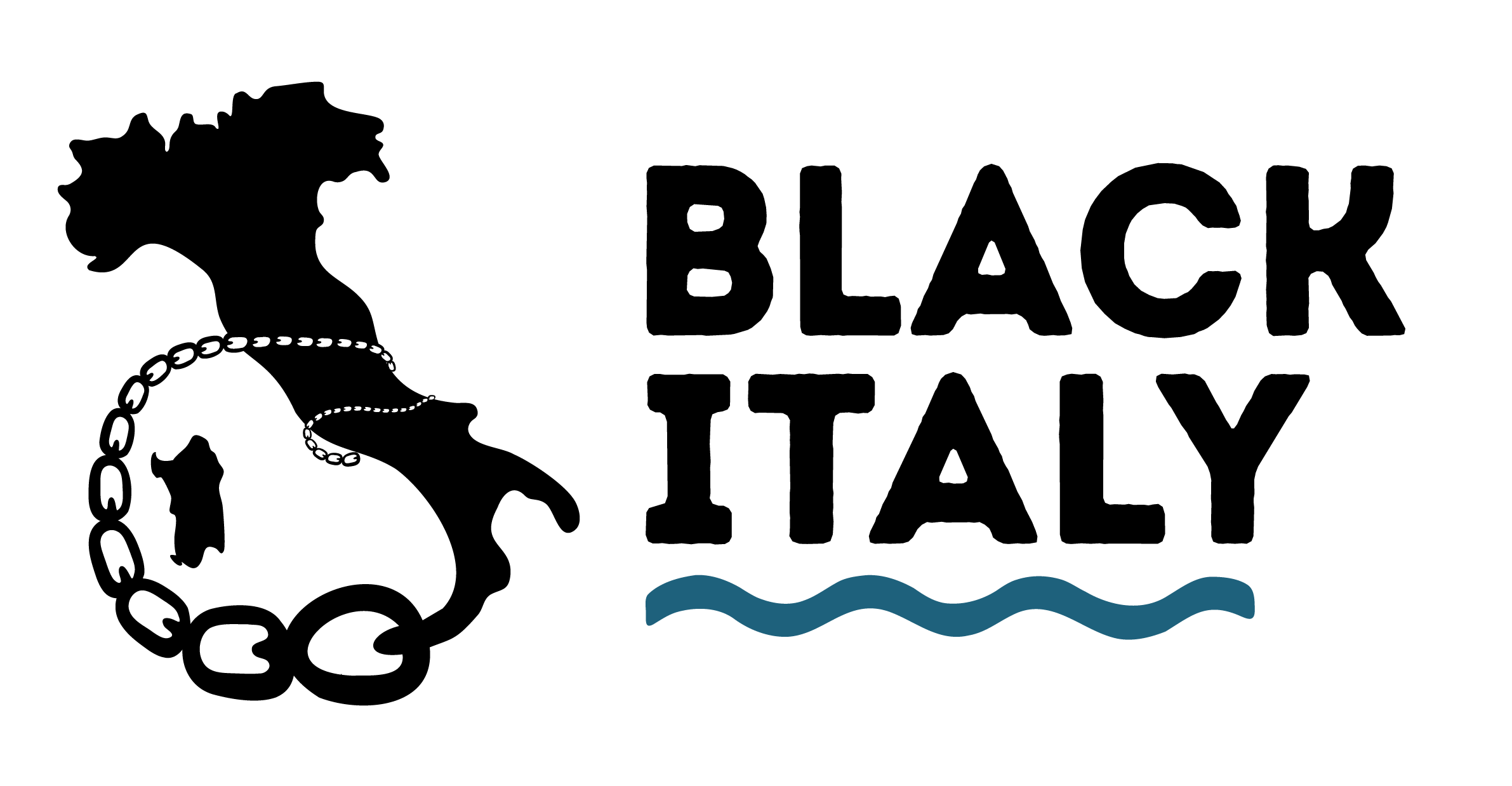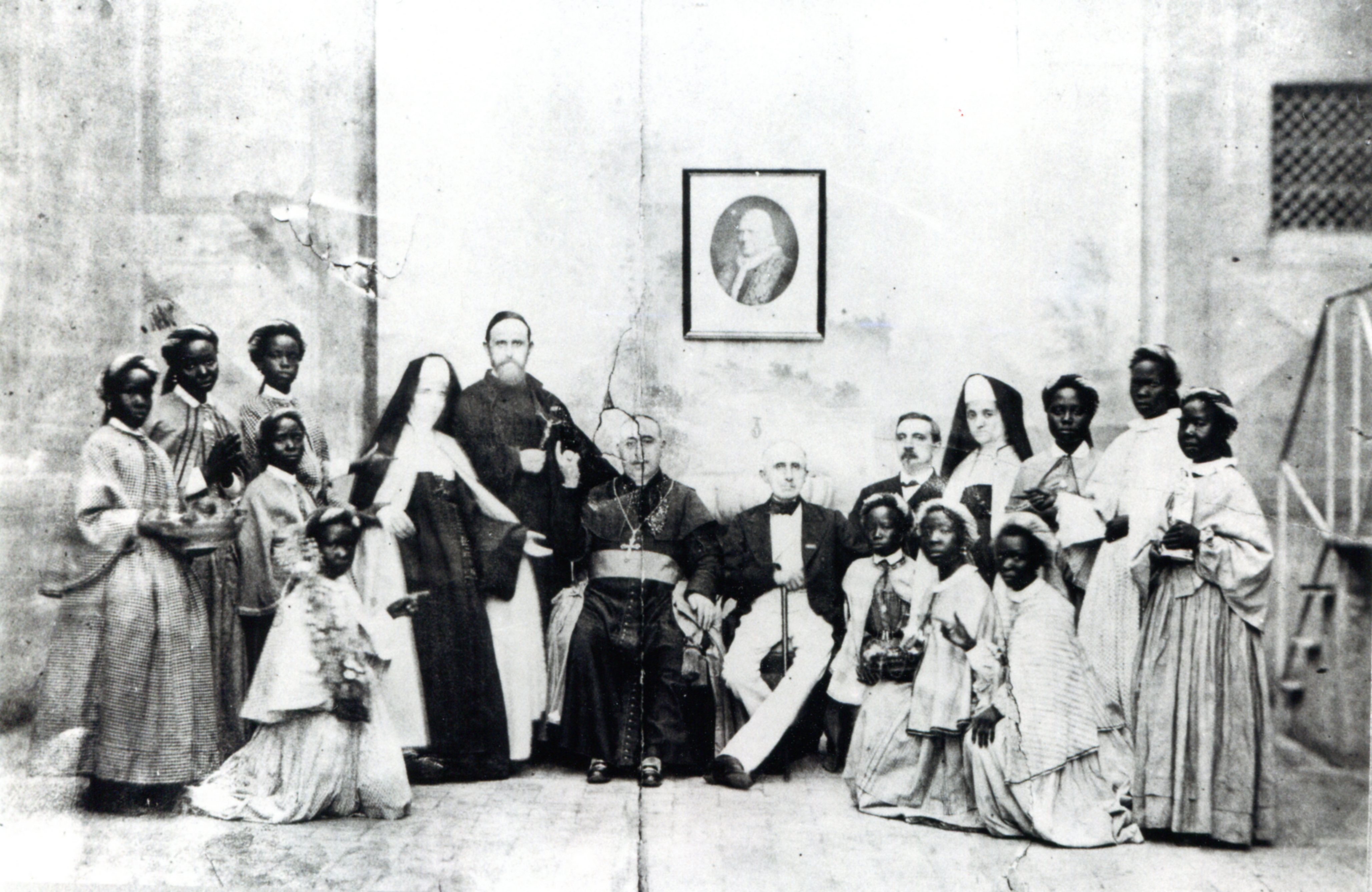BlackItaly, the project
It has long been assumed that the inhabitants of the Italian peninsula played a marginal role in the history of slavery in the Atlantic world. The Italian states of the early modern period had no colonies, and although some Italian merchants were involved in some way in the Atlantic slave trade, they were minor figures compared to foreign merchants or slave trading companies. As a result, according to the conventional narrative, Atlantic slavery had almost no impact on the history of the Italian peninsula, a belief that has had its consequences in dealing with racial issues to the present day.
BlackItaly’s main objective is to rethink this history and to reveal the strong connection between the Italian peninsula and the Atlantic slave system from the late mid-15th century, when sub-Saharan slaves began to reach Western Europe through the new Atlantic routes, until the second half of the 19th century and the sunset of the abolitionist debate. By investigating the involvement of merchants, bankers or investors from the Italian peninsula in the Atlantic slave system, by uncovering the stories of black African slaves who lived in different cities and provinces of the peninsula, and by collecting the main ideas that circulated in favor of or against Atlantic slavery and the slave trade, BlackItaly aims to place the Italian peninsula in a global context and to consider the emergence of racial categories as a long-term phenomenon closely linked to the Atlantic experience, thus going beyond the Italian colonial experience in Africa and fascism.
Three specific objectives will be pursued in order to achieve the projects’ overall aim:
1 Framing the history of Italian participation in the Atlantic slavery system
Framing the history of Italian participation in the Atlantic slavery system, by investigating the involvement of merchants, bankers, or investors from the Italian peninsula in the Atlantic slave system. While scholars have explored individual case-studies, there is still no overall vision of the effective involvement of Italian families in the Atlantic slave trade and plantation economy. The findings of these research activities will be published in an online database containing information about
- individuals who participated in the Atlantic slave trade;
- the financial and economic means they used (licenses, investments in voyages or in plantations);
- the uses of slave- and slave trade-derived wealth in investments.
The findings of these research activities will be published in an database hosted on the project’s website.
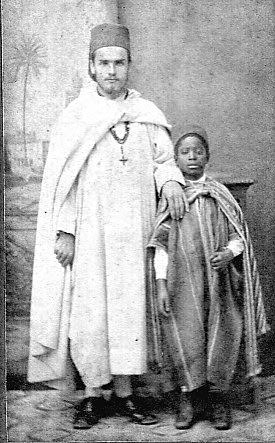
2 Writing a new history of Atlantic slaves and black people of African descent living in the Italian peninsula
Writing a new history of Atlantic slaves and black people of African descent living in the early modern and 19th-century Italian peninsula, focusing on the black slaves who arrived in the Italian peninsula from sub-Saharan Africa or other regions of the Atlantic world. Following the efforts of several Italian museums, such as the Uffizi and the MUDEC, this research activity will use art and especially painting as a lens for investigating the black presence in the Italian peninsula. The information gathered from the archives, museums and houses of important families will provide the basis for a collective book on the different Italian provinces covered by the project. Furthermore, an art exhibition will be set up together with MUDEC to acquaint a wider public with the presence of Atlantic and black slaves in the Italian peninsula in the early modern period until the 19th century.
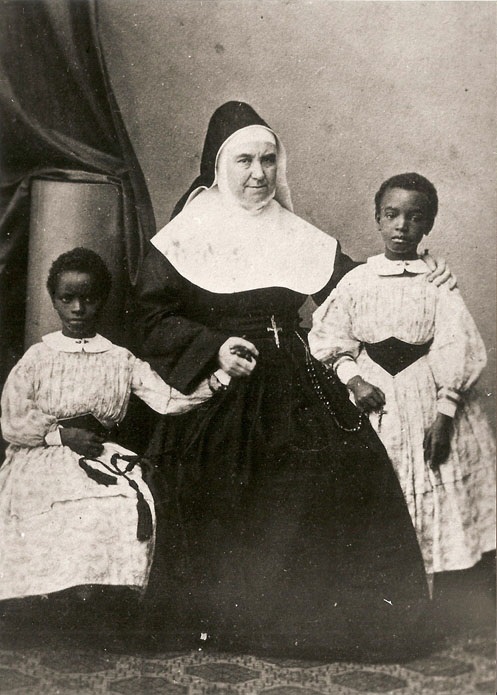
3 Building a new conceptual history of slavery, racism, and abolitionism in the Italian peninsula
Building a new conceptual history of slavery, racism, and abolitionism in the Italian peninsula, by collecting the main ideas that circulated in favor of or against Atlantic slavery and the slave trade from the late 15th up to the late 19th century. This research activity will analyze a range of documents, including economic treatises written by Italian Jesuit missionaries in the New World, the texts written by religious authorities in Italy, the Roman Inquisition’s sentences regarding people of African descent, newspaper articles, the writings of Italian jurists and intellectuals, and private correspondence concerning abolition as a matter of domestic and foreign policy. The information gathered will provide the basis for two special issues of international peer-reviewed journals. The original manuscripts and documents dealing with pro- or anti-slavery as well as racist arguments will be published in an online digital archive hosted on the project’s website
